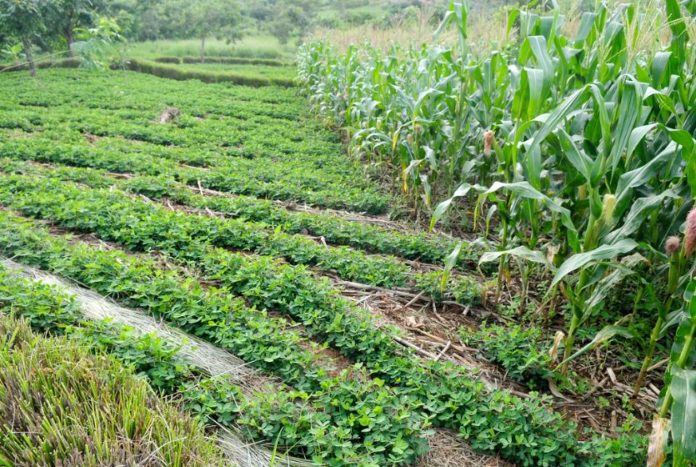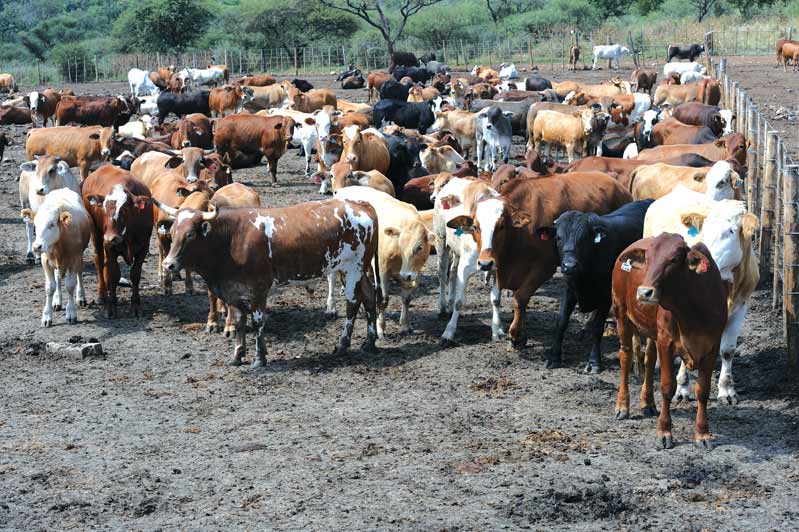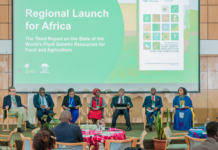Agricultural stakeholders in Nigeria are seeking for a favorable policy environment that will enhance private sector investment in research aimed at developing the agriculture sector and guaranteeing food security.
The Chief Executive Officer, Centre for Promotion of Private Enterprise (CPPE), Dr. Muda Yusuf, speaking on ‘Sustainable Development of the Agricultural Sector for National Well-being’ at the 38th yearly Omolayole Management Lecture, lamented the dysfunctional foreign exchange market, saying it would disrupt agriculture development.
According to stakeholders, policies like tax holidays, favorable tariff regimes, accelerated mechanization and irrigation programmes among others, are pathways to achieving agricultural development in the country.
Yusuf identified the need to attract foreign investors to the agriculture sector to increase growth, pointing out the necessity to address policy challenges around macroeconomic development and across all sectors of the economy.
Food security
The CPPE CEO noted that food security was a matter of national security, charging the government to do more to unlock markets along the agricultural value chain. Initiatives by successive administrations to grow the agricultural sector had not yielded results, noting that the Bank of Agriculture (BOA) has practically collapsed with no serious efforts made to revive it.
“Different institutes were designed to strengthen productivity in agriculture. But sadly, most of them are now shadows of themselves. They are poorly funded, poorly staffed and poorly motivated,” he added.
Also, Yusuf decried the high rate of default on loans given to farmers, especially the Anchor Borrowers’ Programme (ABP), calling for policies to boost urban farming and the review of the national agriculture extension policy.
On his part, the President of the Nigeria Employers’ Consultative Association (NECA), Taiwo Adeniyi, said more needs to be done to guarantee food security, especially with the Russia/Ukraine war still raging, demanding for a sustainable national policy on agriculture. He said, “Agriculture remains a fundamental and critical sector in the development of the country, despite the recent upsurge in banditry in the North and some other areas.”
The President, Alumni of the International Association of Students in Economics and Commercial Sciences (AIESEC), Olubunmi Abejirin, said Nigeria must begin to have broader conversations on preparedness for the looming food crisis and strategize on how to feed its over 200 million people. Furthermore, Abejirin tasked the Organized Private Sector (OPS) on ensuring agricultural experts are appointed to key agricultural positions in the country.









[…] Credit: Source link […]
[…] Source link […]
Comments are closed.